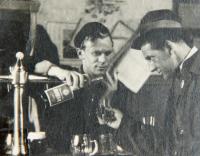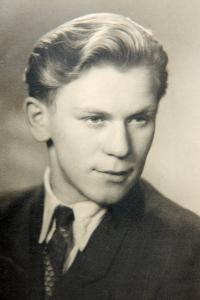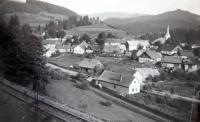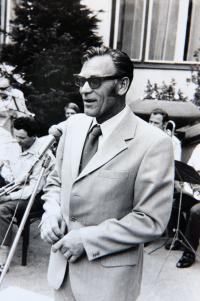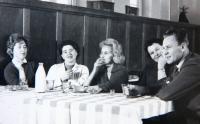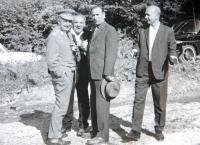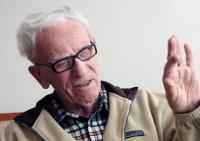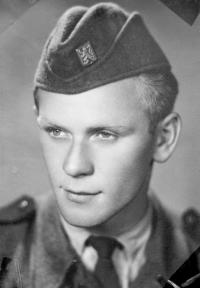I ate that potato on my Birthday, on December 24th
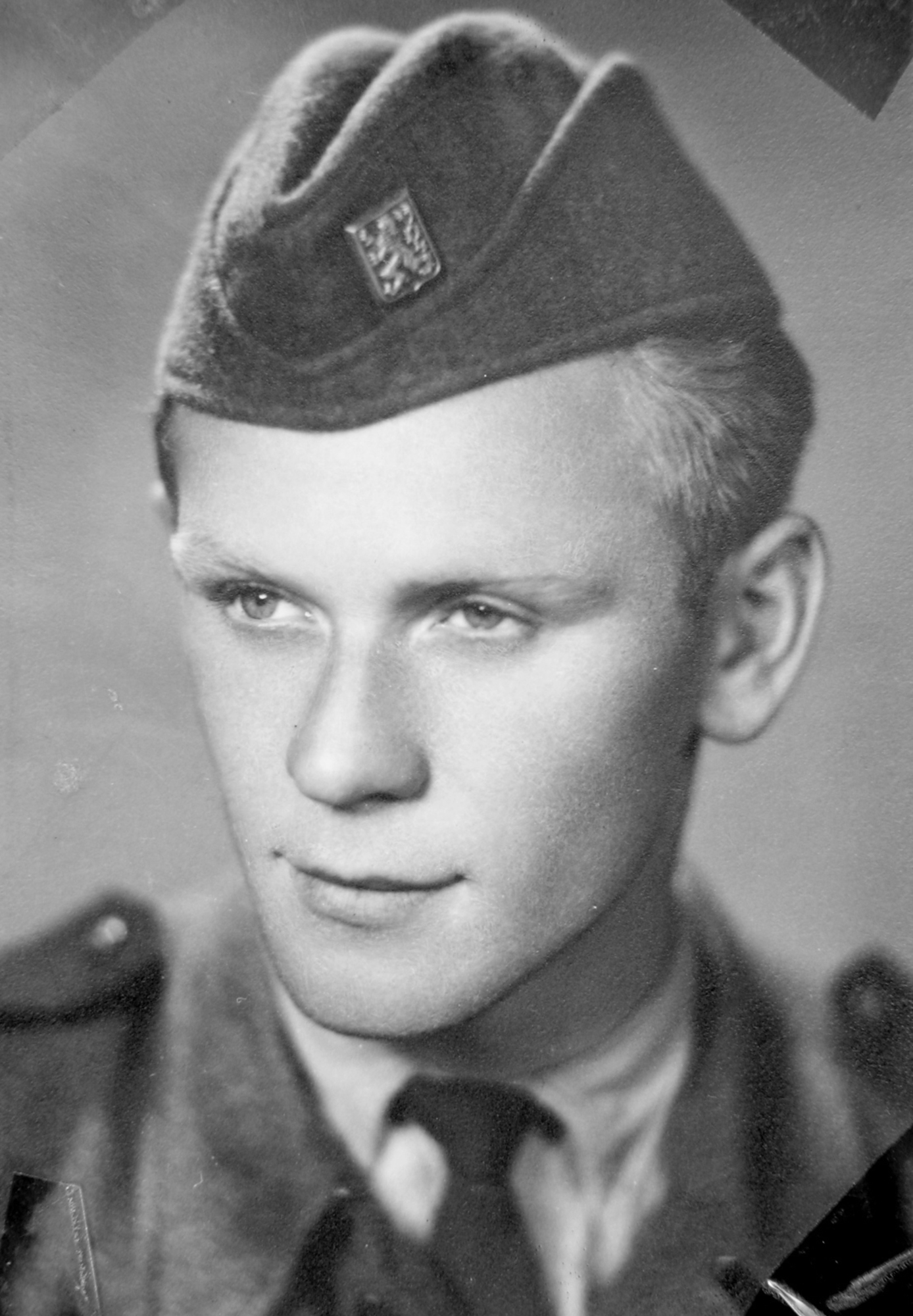
Stáhnout obrázek
Ján Sabaka was born on December 24, 1930 in Východná. His father was a shoemaker and his mother worked as a housewife. As a 13-year old student, during his summer job in a tannery, he witnessed the beginning of the Slovak National Uprising in streets of Liptovský Mikuláš, when a shot and wounded civilian fell into his arms. Subsequently, during the fights, he was forced to hide in a cellar with his stepfather for two months. Later on he was deployed to build retreat foxholes towards Ružomberok, from where he managed to escape. He was captured by bullying Vlasov´s units, but luckily, he was able to run away from captivity during the night. After the war he joined the clearance works. His family lived together with other families in an old mill, where the roof leaked. After an apprenticeship as a waiter, he started working in a canteen of the merged tanneries. However, when installing a beer barrel he partially lost his sight. At the Martin hospital he met with a Carpathian German woman, who also suffered from an eye injury. Their common destiny brought them closer together and they were married in 1951. The fact that he married a German woman influenced his life greatly, within his family as well as work. Due to lack of opportunities for decent housing, he left with his wife and little baby to Turiec region. His parents-in-law living in Dolný Turček accommodated a party member after the war, but thanks to their daughter who married a Slovak, they were able to gradually reside in the whole house again. With progressive learning of Swabia dialect, Ján slowly integrated into the social life of the German community, where afterwards he began to organize various sporting or cultural events. He was able to make use of his experiences as a coordinator of cultural activities in the spa Turčianske Teplice, where he worked until leaving for retirement. Yet, this work was preceded by a hard training in the Martin engineering plant.
